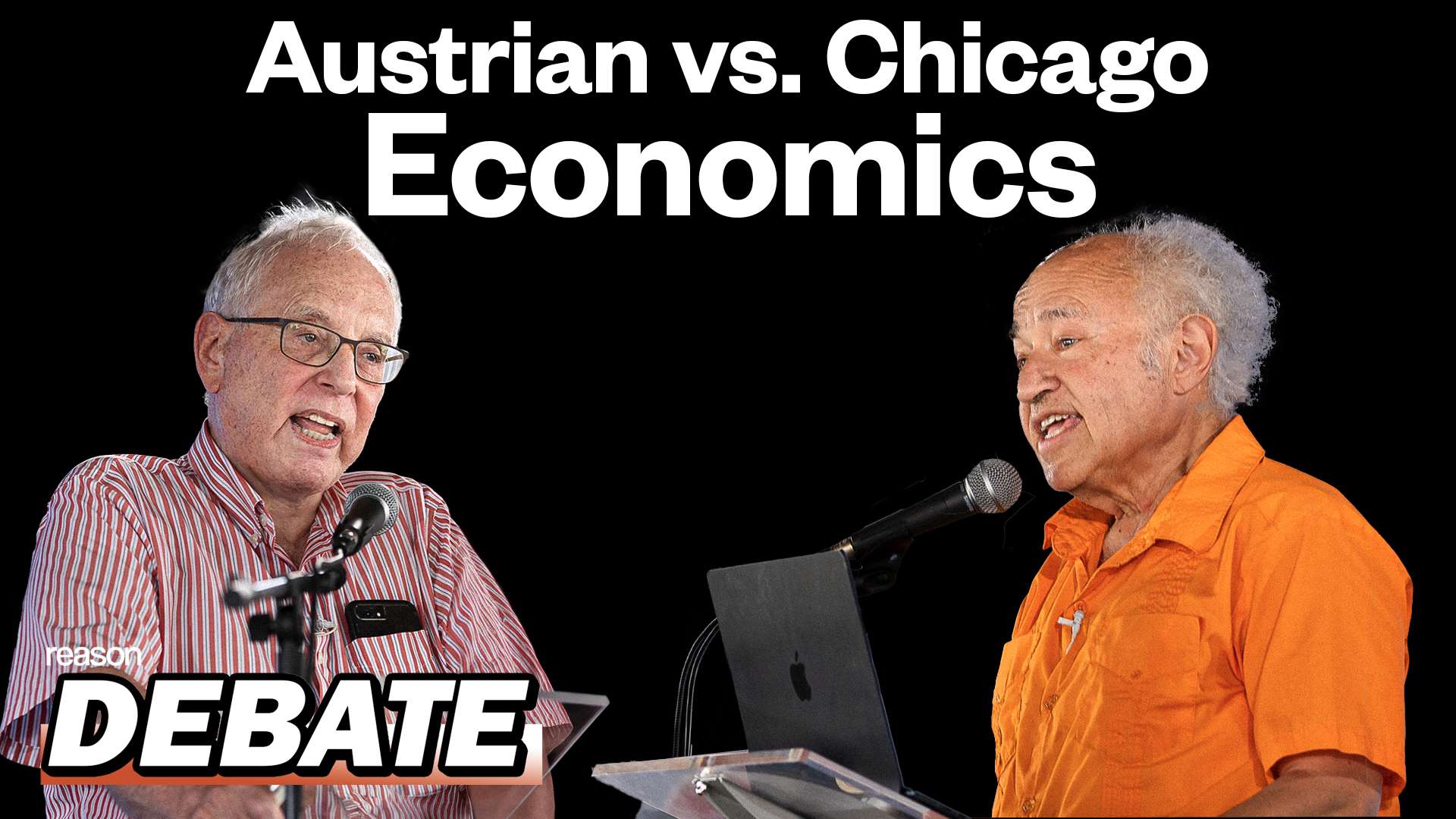France found itself in a state of political uncertainty as a hung parliament emerged after snap legislative elections. The three main political groups of the left, center, and right each gained significant votes, but none secured an absolute majority.
Initial projections defied expectations of a clear win for the National Rally, led by Marine Le Pen. Instead, the left-wing New Popular Front took the lead with between 172 and 208 seats, followed by President Emmanuel Macron’s centrist Renaissance party with between 150 and 174 seats. The National Rally trailed behind with between 113 and 152 seats.
Despite potential shifts in the outcome, a united front against the National Rally proved effective in the second round of voting. The prospect of a governing coalition remained uncertain, with centrists and the left facing challenges in forming a cohesive government.
The results reflected a divided France, with significant changes in the political landscape. President Macron’s party suffered losses, while the National Rally made substantial gains. The prospect of governance appeared complex, with no clear coalition in sight.
Despite challenges, the National Rally’s influence in French politics has significantly increased, marking a shift from traditional postwar ideologies.
The New Popular Front campaigned on progressive platforms, advocating for social welfare policies and a more generous asylum process. Their victory reflected a desire for change among French voters.
The political landscape in France remains uncertain, with potential implications on international relations and domestic policies. President Macron faces challenges in forming a stable government amidst competing ideologies.





